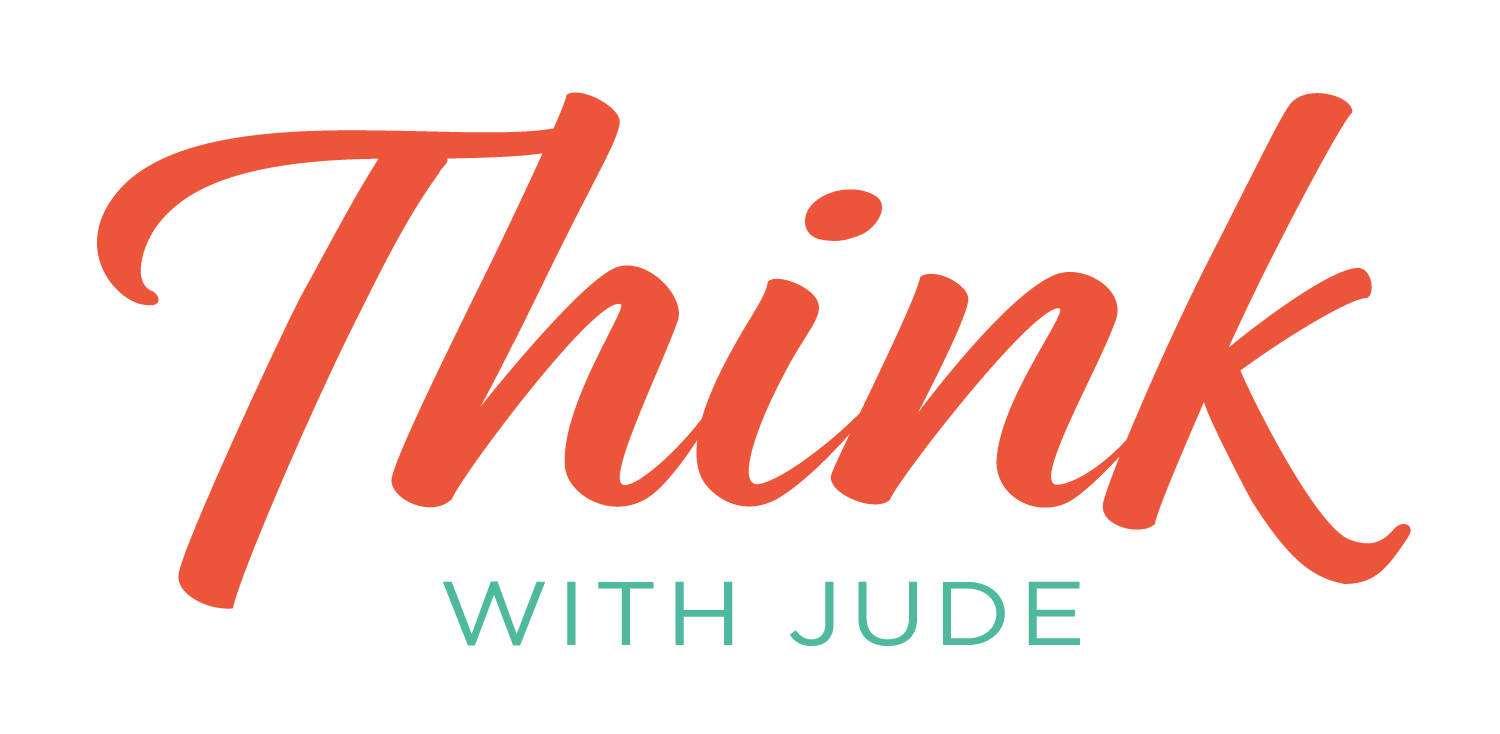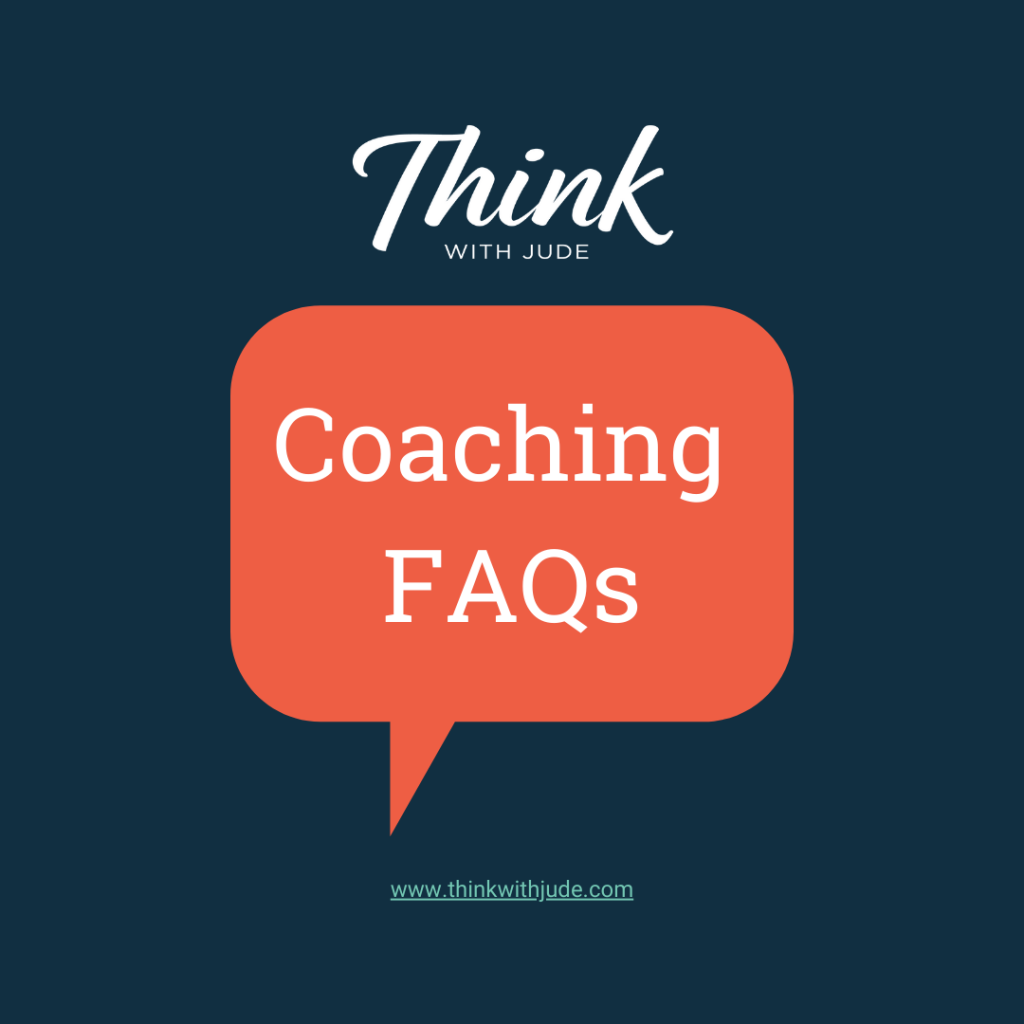Be wary of a coach that…
Photo by Goh Rhy Yan on Unsplash
Image description: Caution written in yellow paint on the ground. You can see the shoes of the person standing in front of the word at the bottom of the image.
TL;DR
Only work with coaches who are accredited or working towards accreditation and if anything feels off contact their accrediting body for advice.
I love podcasts, especially the true crime ones, so imagine my delight when I saw one about life coaching.
A Very British Cult is about Lighthouse, a life coaching organisation recently closed down by the UK Government for working against the public interest.
Members who attended an innocent book club to discuss Steven Covey’s Seven Habits of Highly Successful People were later recruited into something more like a cult. They paid hundreds of thousands to the organisation, spent hours transcribing the leaders ramblings and were encouraged to cut friends and family out of their life.
That is not coaching, in any way shape or form.
The International Federation for Coaching defines coaching as:
“partnering with clients in a thought-provoking and creative process that inspires them to maximize their personal and professional potential. The process of coaching often unlocks previously untapped sources of imagination, productivity and leadership.”
The people that got sucked into Lighthouse were intelligent people that were manipulated by a charismatic self-proclaimed coach.
And that’s the big problem in the coaching industry, it’s not regulated. Anyone can call themselves a professional coach without any training or oversight and people aren’t always clear on what coaching is or isn’t.
So be wary of a coach that:
1. Say’s accreditation or coach training is rubbish and doesn’t mean anything
Accreditation by a professional coaching body or university gives you assurance your coach meets the industry standard and gives you a place to complain if a coach is acting unethically. There are many professional coaching bodies out there which complicates things even more but a good place to start is by looking at the joint global code of ethics that many of them have signed up to.
2. Makes big and specific promises about results
No coach can promise a specific outcome from coaching because there are many factors at play. What they can do is stretch your thinking and tap into your motivation to make your aspirations more likely.
3. Tells you what to do with your money, health and relationships.
The purpose of coaching is for you work out what would be best for you to do, not the coach. It’s unethical for a coach to tell you stop or start taking medicines, cut people out of your life or tell you where to invest your money. If you feel like you’re becoming dependant on your coach it’s a big sign to back away.
4. Wants you to talk about traumatic experiences.
Coaching is future focused and most coaches are not trained therapists, counsellors, psychologists or psychiatrists. Where they are qualified in another field they will contract with you upfront when and if, they bring in this expertise. Always check they’re registered with the accrediting body for their field. You can usually do this online.
5. Puts pressure on you to continue the coaching relationship indefinitely
Unlike therapy where people may need ongoing support for a long period of time, a coaching relationship should have an end date. While there will usually be flexibly within this to finish coaching sooner or extend due to new events, a coaching relationship is not indefinite.
6. Calls you unexpectedly outside coaching sessions just to chat
While a coach knows a lot about you they aren’t your best friend and shouldn’t be calling out of the blue unless you’ve agreed they’ll check in on you or they need to make a change to your scheduled session.
7. Tells you, you need to tell them everything or else they can’t coach you
A coach doesn’t need all the details to be able to work with you effectively so you don’t need to share confidential or deeply personal information with them. Remember coaching is future focused, meaning your sessions are about how to move you towards your desired outcome.
What questions do you have now? email me on jude@thinkwithjude.com, I’ll get back to you within a few days.
Never want to miss another letter? Click now to sign up for fortnightly tips on how to be more coach-like in your work, career and life.



